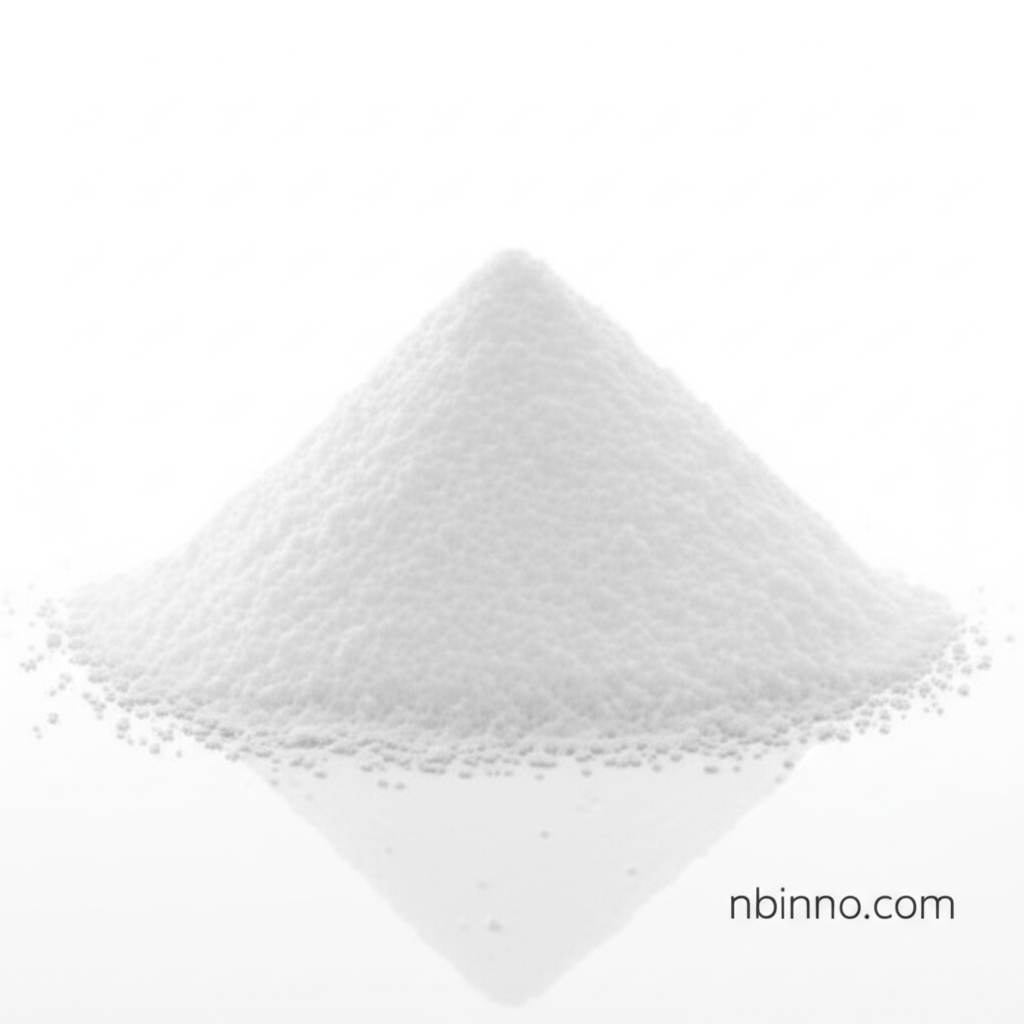Unlock the Power of EDTA: A Comprehensive Guide to its Applications and Benefits
Discover the versatile role of EDTA in enhancing product stability and efficacy across various industries.
Get a Quote & SampleProduct Core Value

Ethylene Diamine Tetraacetic Acid
Ethylene Diamine Tetraacetic Acid (EDTA) is a powerful chelating agent renowned for its ability to bind metal ions, significantly improving product stability and performance across a wide spectrum of applications. From extending the shelf life of cosmetics to enhancing detergent efficiency, EDTA plays a crucial role in modern formulations.
- Explore the crucial EDTA chelating agent uses in various industrial processes. This compound's ability to sequester metal ions makes it indispensable in preventing unwanted reactions and maintaining product integrity.
- Understand what is EDTA in cosmetics and its significance for product formulation and preservation. Its role in stabilizing formulations and improving the effectiveness of other ingredients is paramount.
- Learn about the benefits of EDTA in skincare and personal care products. EDTA helps maintain product clarity, protect fragrances, and prevent rancidity, ensuring a better user experience.
- Investigate the effectiveness of EDTA for water treatment. Its capacity to bind with metal ions makes it a valuable tool in managing water quality.
Key Advantages Offered
Enhanced Product Stability
EDTA acts as a potent stabilizer by chelating metal ions, preventing degradation pathways and ensuring consistent product quality and shelf life, which is vital for maintaining consumer trust and product efficacy.
Improved Formulation Performance
By inactivating metal ions, EDTA optimizes the performance of other ingredients, such as preservatives and antioxidants, thereby boosting overall product effectiveness and offering a superior user experience.
Broad Applicability
The EDTA industrial applications are vast, spanning cosmetics, detergents, pharmaceuticals, and more, highlighting its versatility as a key chemical auxiliary. Its adaptability makes it a valuable component in diverse product developments.
Key Applications
Cosmetic Formulations
In cosmetics, EDTA is used to improve stability, protect fragrances, and enhance the effectiveness of preservatives, contributing to the longevity and quality of skincare and beauty products, as highlighted by insights into what is EDTA in cosmetics.
Detergent Industry
EDTA enhances the cleaning power of detergents by binding to metal ions in hard water, improving the performance of surfactants and preventing mineral deposits, showcasing its role in effective cleaning solutions.
Water Treatment
As a key component in EDTA for water treatment, it helps manage metal ion concentrations, preventing scaling and improving water quality for industrial and domestic uses, demonstrating its environmental importance.
Pharmaceuticals and Beyond
EDTA's chelating properties are also leveraged in pharmaceuticals for treatments like lead poisoning and in various industrial processes, underscoring its broad utility as a chemical auxiliary and its significant EDTA chemical properties.
